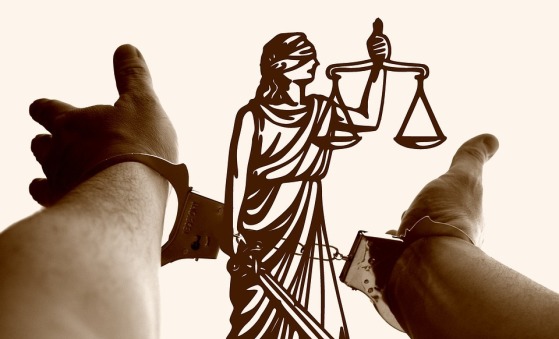Panaji – Goa’s Struggle for Freedom, a documentary film produced and released by the Goa Directorate of Education, has received flak from the Christian community of the former Portuguese colony.
The story of the “biased” documentary film on Goan liberation, which allegedly shows the Church in poor light, begins with the arrival of the Portuguese in the 16th century and goes on to show scenes of ‘forced conversions’ by the colonizers and relates tales of atrocities they purportedly perpetrated against the indigenous population.
Produced in 2002 the documentary film was screened in local schools on December 19, the 43rd anniversary of Goa’s liberation. It was commissioned by the Government of Goa and made by Ramesh Deo. The Education Department of the Government of Goa has made scores of copies and distributed them to all schools and institutions for screening.
Protesting the communal bias and prejudicial content of the film, the church organizations have lodged strong protests to the authorities. They have accused the government of attempting to sour the amity between communities and have questioned the historical credibility and the timing of the releasing of the film that coincides with the exposition of the relics of Saint Francis Xavier that is currently on in Old Goa. The exposition is attracting pilgrims in their thousands daily.
Father Tony Salema, secretary of the Archdiocesan Board of Education, said that the documentary “will divide students”. The Church, he said, runs “120 educational institutions and many primary schools as well as five colleges. Why should we show student what is patently false and an incitement to hatred and violence?”
Incidentally, the present state government has close ties with Hindu fundamentalism and state officials have stated that the documentary is an accurate representation of the territory’s ‘political liberation’. Two years ago the release of the film was withheld due to strong protests from the public.
For Fr. Salema, it is nothing less than a pure propaganda for a ‘liberation movement from conversions’.
“If the Directorate wanted to teach students something,” Fr. Salema inquired, “why was it shot in Hindi and not in Konkani, the local language?”
“Why,” he asked again, “was there not even one representative of the Catholic Church on the Censor Committee responsible for its pre–screening? Not to mention anyone from the Xavier Historical Research Centre, a Jesuit–run institution that is recognized by the University of Goa.” In the end, he said, the picture will not be screened in Goa’s Christian schools.
According to news reports, Manohar Parrikar, Goa’s Chief Minister, said instead that “there’s no problem with the documentary, it should be viewed in schools.”
However, the opposition Congress Party has called the documentary ‘communalist’ and called for its immediate withdrawal because it “portrays Catholic in bad light and gives a lopsided account of the freedom struggle”.
Meantime, the Archdiocese has called on the Directorate of Education to stop it from being shown in other educational facilities.




